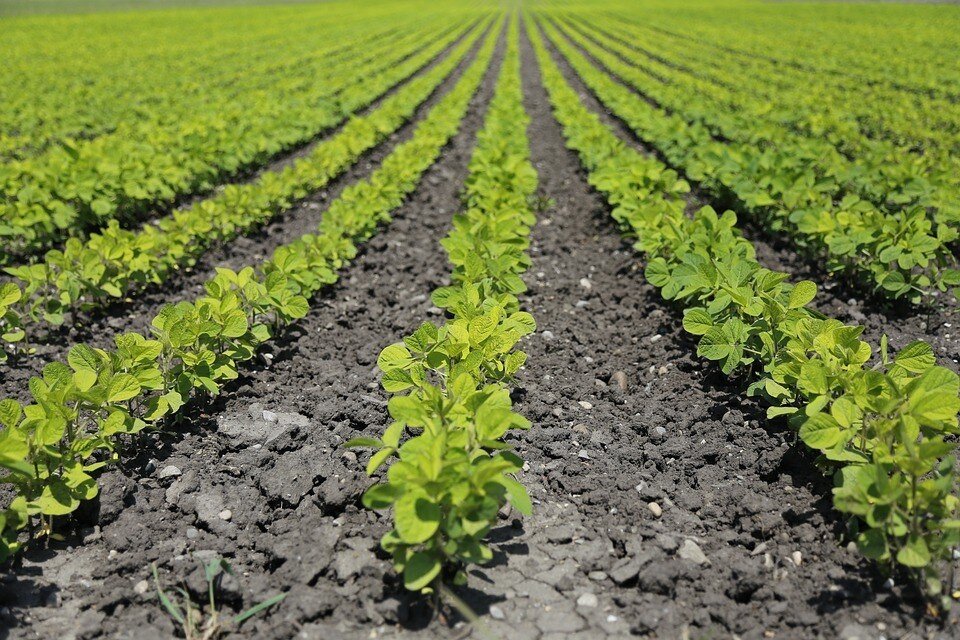Gardens as Ecosystems
For the past month, the Nature Links group has been studying local ecosystems as models of balance and diversity. We are now bringing this sensibility to the garden. Even small gardens exist within the complexity of the natural world. So how should humans approach planting new life into the earth? How do we reflect and support this complexity in our gardens?
These three principles of organic gardening have guided our understanding.
Holism: Everything is connected and affects everything else. There is an old adage: “Newton doesn’t live in the garden.” This means there are not simple causes and effects in the garden - rather, there are complex interrelationships.
Coevolution: We are the product of millions of years of coevolution with the beings around us. There is wisdom in the diversity and balance of our local ecosystems that can be drawn upon in the garden.
Stewardship: From micro to macro: We care for our bodies, our gardens and families, our communities and towns and wild places, and our larger world by promoting the function of the natural systems around us.
We compared photos of large scale farms with monoculture crops (like midwestern cornfields) with smaller, naturalized models that support the diversity of their particular bioregion. Notice a difference in the two photos below? Which form of agriculture best reflects the way plants grow and interact in the natural world?
We studied native plants that have evolved in the coastal Maine bioregion to grow in harmony, as well as invasive species that tend to dominate and throw ecosystems off balance. A farm visit with former teacher and dear friend Ambria showed everyone an example of a sustainable Maine farm in its beginning stages, navigating its place within the local ecosystem.
We then turned to coastal ecosystems and local aquaculture projects that are, effectively, underwater gardens. We learned how ecologists study shifts in coastal ecosystems through phenological observations over the course of years. Take a look at this video for a glimpse into the surveying process:
In all this various study, we find ourselves returning again and again to one simple truth: a diverse ecosystem is a healthy one.
Below are some photos from participant gardens at the beginning of the season:





